IT’S RARE THAT artists could die for their work, or even be imprisoned, but Aman Mojadidi can – and has had near brushes with both. His work combines that sense of otherness of being an Afghan-American, growing up with a dream of what Afghanistan could be: radiant, distant, full of possibility – in a word: homeland. He moved back after the US invasion, hoping to help rebuild the country he’d grown up hearing about. He worked for NGOs and aid organizations until he realized how futile things were, that they were making money to keep going vs. actually fixing anything. He turned to art as his way forward. He’s taken aim at politics and elections and bribery and been able to be more effective at times than governments or NGOs.
Art takes place in a realm that is often raised up and set apart, simply by being called art, and working as an artist he can say things that are far more complex than are otherwise permitted in a conflict zone. That’s not to say speech is exactly free in Afghanistan, still under the cover of ‘art’ he can blend in activism and produce provocative work. – JK
~
Growing up in a war, where the bombs were 12,377 kilometers or 7,691 miles (or 6,683 nautical miles though Afghanistan is land-locked so perhaps not as relevant) away. An Afghan-American suburban dream punctuated by weekend sleepovers, Saturday soccer games, fist-fights with racist children of the Confederate South, and religio-nationalist driven demonstrations chanting “Down with Brezhnev!”, “Long live Islam!”, “Down with Communism!”, and “Long Live Afghanistan!” before I even knew what that meant. It is what I was fed growing up, in between southern-fried chicken and garlic mashed potatoes, cumin-scented meat and basmati rice…
The Afghan artist Aman Mojadidi’s practice is based on his personal experiences and his curatorial and academic research in cultural studies. Having grown up as an American citizen, in a world that is simultaneously globalized and fractured, in his work Mojadidi combines traditional storylines and postmodern, often parodist, narrative strategies to approach themes such as belonging, identity politics, conflict, the push to and resistance against modernization. Continuously exploring what he calls the “geography of self,” Mojadidi travels through both mental and physical landscapes, intentionally blurring and merging the lines between them, as well as between fact and fiction, documentation and imagination.
He has exhibited his work in galleries, independent spaces, and cultural centers in New York City, Los Angeles, Paris, Singapore, Hong Kong, Cairo, Mumbai, Bosnia-Herzegovina, Dubai, and Kabul.
Artist Statement
These two works are born out of confusion. Identity negotiations that have become a permanent way of life for the hyphenated hordes, splitting their personalities with a small “–”, hoping it is enough to carry the heavy load of their personal histories and understandings of “who” and/or “what” they are. As for me, am I an Afghan? A Redneck? A Jihadi? A Gangster? All of them? None of them?
Part of my focus in the Master’s degree I did in cultural anthropology was looking at the cultural politics of identity and biculturalism. Afghan‐American became the ‘nom du jour’ and so I was that for a while. But in the U.S., most Americans identify me on sight as a foreigner, and here in Afghanistan most Afghans identify me as a foreigner on sight as well. I was born in the U.S., my parents are Afghan, and I’m fluent in both English and Dari (and practically in French as well, though that’s something else). And it could all end there. But I’ve started to think more about how one’s identity has become almost taken out of one’s own control, and is more and more defined by others. So these works, A Day in the Life of a Jihadi Gangster and Afghan by Blood, Redneck by the Grace of God are my way of taking back that control by creating entirely new identities out of the old, creating the unfamiliar out of the familiar, creating fiction out of fact, imagination out of documentation.
And so now I’m thinking more and more about post-identity possibilities, meaning in the above I would have to say “None of them.” But then what? I don’t know, I’m still contemplating that one.
~
A Day in the Life of a Jihadi Gangster
~
Afghan by Blood, Redneck by Grace of God

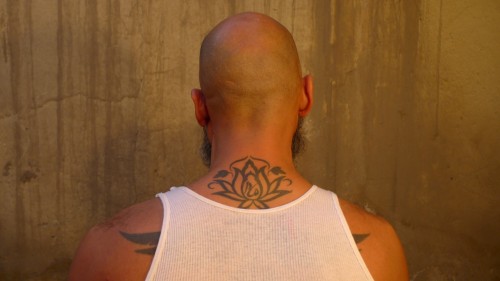
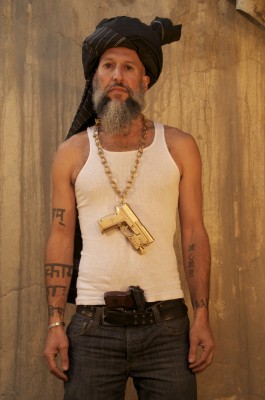
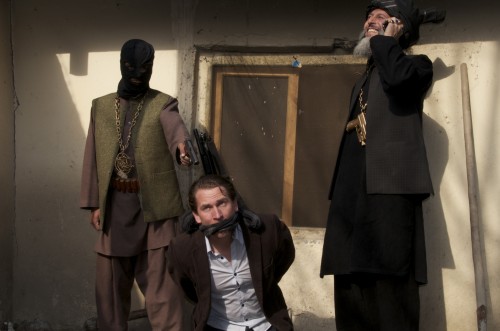
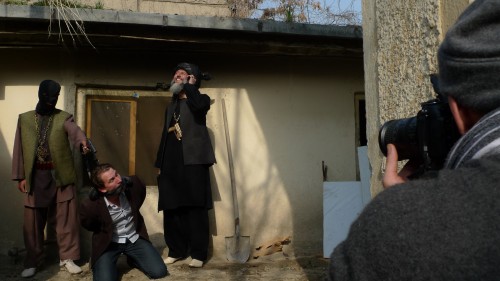
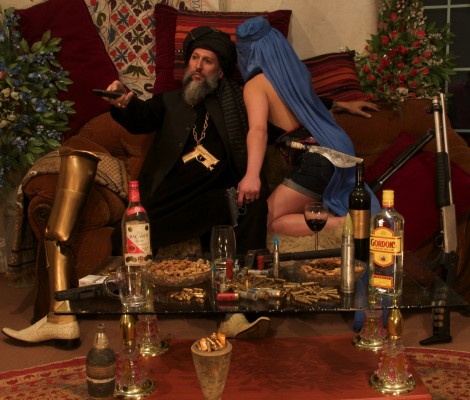
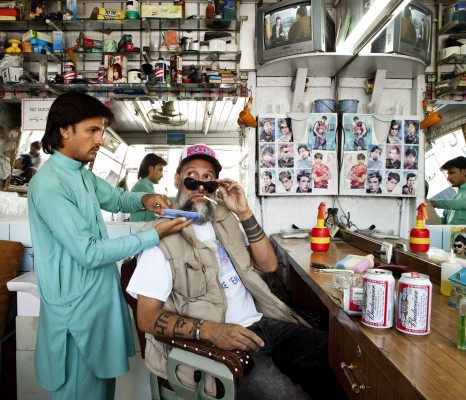
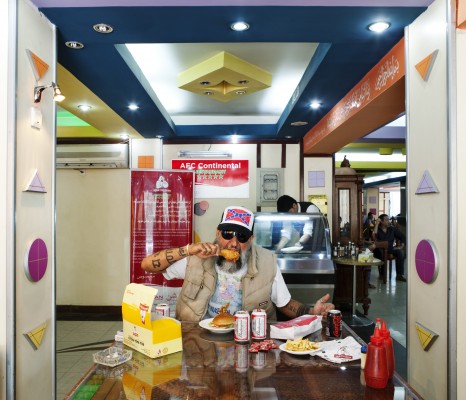
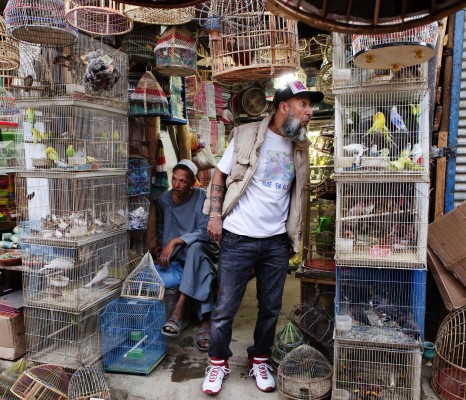
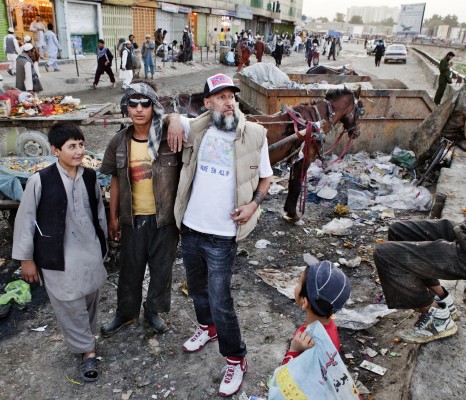
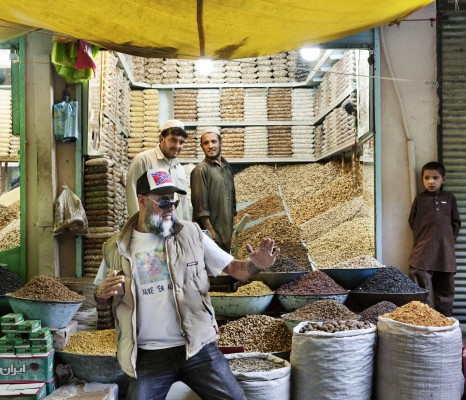
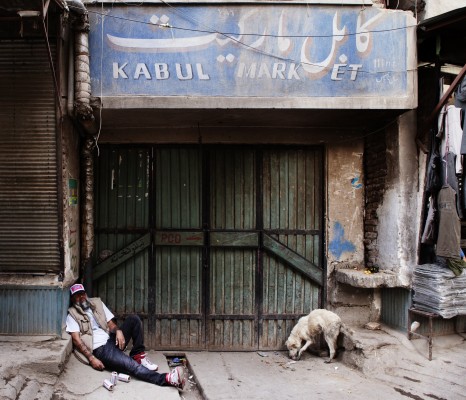


Pingback: Five Reasons Why You Should Buy "The Weeklings: Revolution #1," Our Anthology | The Weeklings